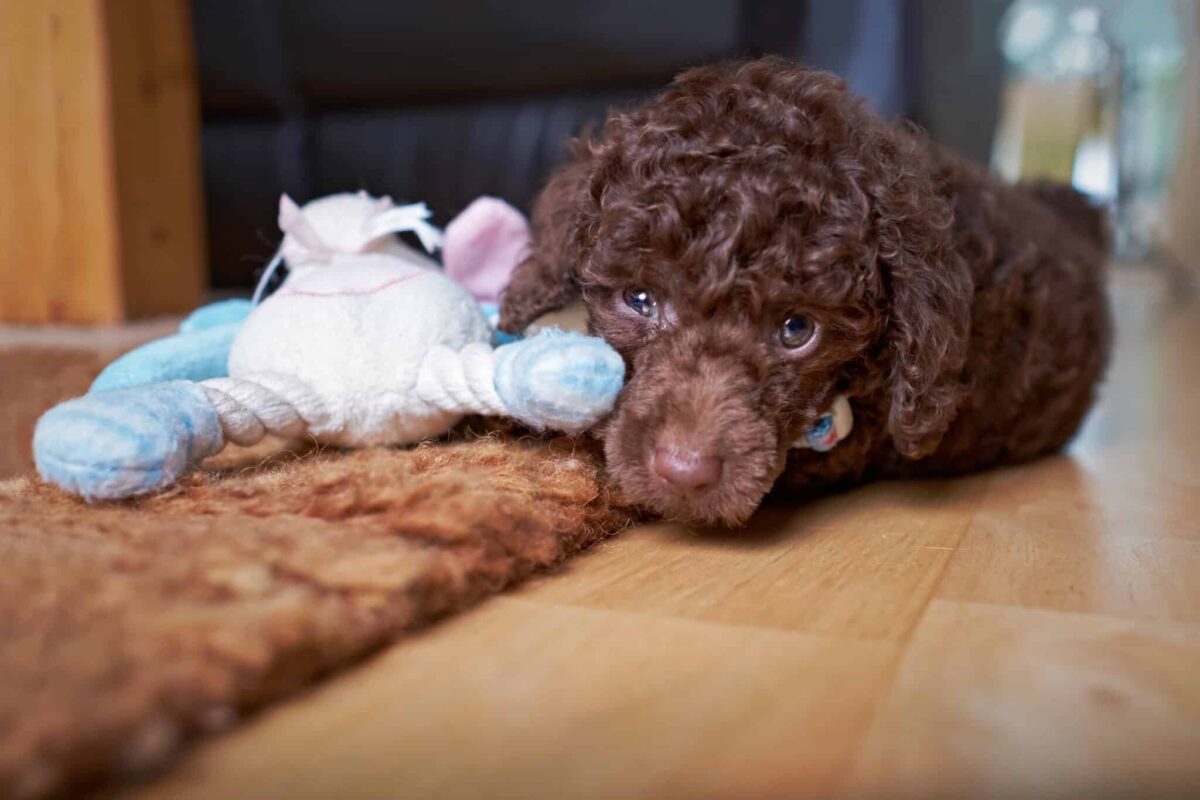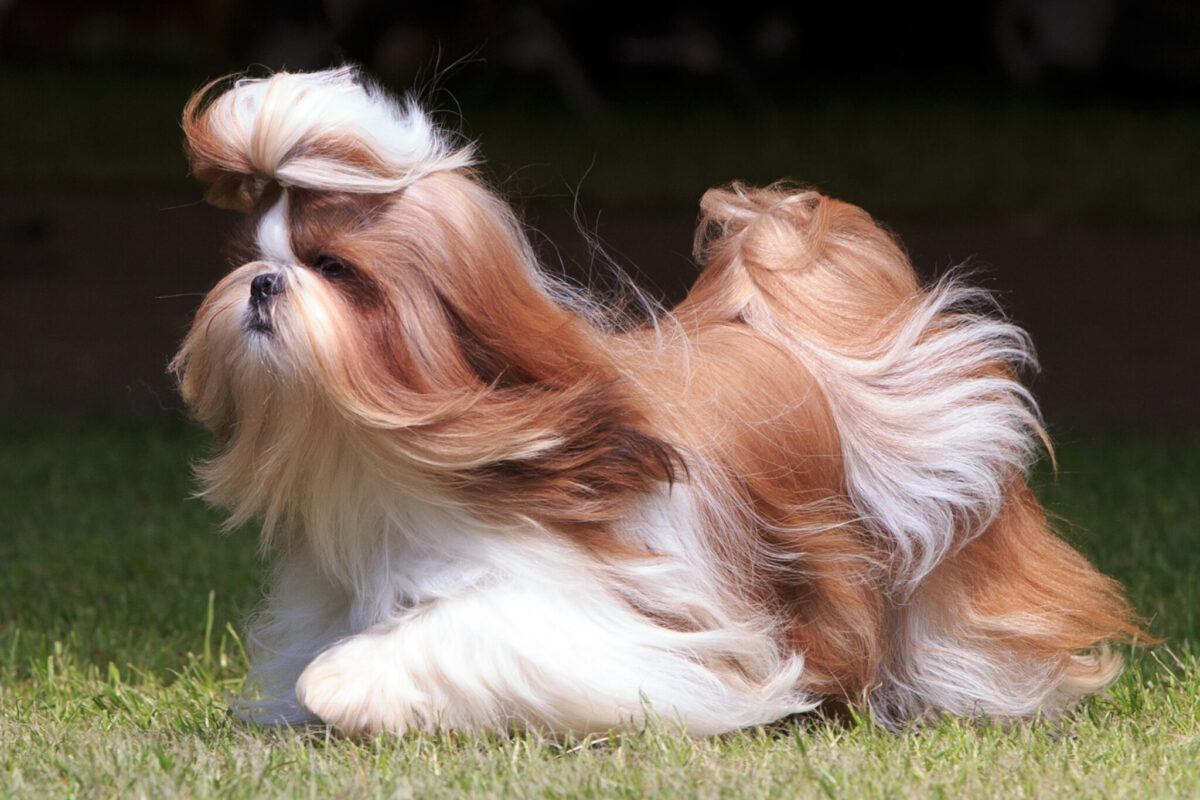Puppies are adorable creatures that bring joy and happiness to our lives. However, raising a puppy requires a lot of time, effort, and commitment. One of the most important aspects of puppy care is socialization and training. These two components are essential for shaping a well-rounded and well-behaved dog. In this article, we will explore the importance of socialization and training in puppy care and provide some frequently asked questions (FAQs) to help you navigate this crucial aspect of raising a puppy.
Socialization is the process of exposing your puppy to various people, animals, and environments in a positive and controlled manner. It helps puppies develop confidence, trust, and good manners. Socialized puppies are more likely to be well-adjusted, happy, and well-behaved dogs in the long run. Without proper socialization, puppies can become fearful, aggressive, or anxious, which can lead to behavior problems later on.
Training is the process of teaching your puppy basic obedience commands, such as sit, stay, come, and heel. Training helps establish boundaries, communication, and a bond between you and your puppy. It also helps prevent and correct unwanted behaviors, such as jumping, chewing, or barking. Training should be done consistently, patiently, and positively to be effective and enjoyable for both you and your puppy.
Here are some reasons why socialization and training are crucial in puppy care:
1. Prevents behavior problems: Socialization and training help prevent behavior problems, such as fear, aggression, or separation anxiety. A well-socialized and trained puppy is more likely to be a well-behaved and happy dog.
2. Builds confidence: Socialization and training help build your puppy's confidence and trust in the world around them. Confidence is important for a well-adjusted and resilient dog.
3. Establishes boundaries: Training helps establish boundaries and rules for your puppy to follow. This helps prevent any confusion or misunderstandings between you and your puppy.
4. Strengthens the bond: Training strengthens the bond between you and your puppy. It helps establish a mutual understanding and respect between you and your furry friend.
5. Enhances communication: Training helps improve communication between you and your puppy. It helps you understand each other better and navigate day-to-day interactions more effectively.
Now, let's move on to some frequently asked questions (FAQs) about socialization and training in puppy care:
FAQs:
Q: What is the best age to start socializing and training my puppy?
A: The best age to start socializing and training your puppy is as early as possible, ideally between 8 to 16 weeks of age. Early socialization and training are crucial for shaping your puppy's behavior and personality.
Q: How often should I socialize and train my puppy?
A: You should socialize and train your puppy on a daily basis. Consistency is key to effective socialization and training. Make sure to incorporate socialization and training into your puppy's daily routine.
Q: What are some important socialization experiences for my puppy?
A: Some important socialization experiences for your puppy include meeting new people, animals, and environments. Expose your puppy to different sights, sounds, smells, and textures in a positive and controlled manner.
Q: How can I train my puppy effectively?
A: To train your puppy effectively, use positive reinforcement techniques, such as treats, praise, and play. Be patient, consistent, and clear with your commands. Practice training in short, frequent sessions to keep your puppy engaged and motivated.
Q: What should I do if my puppy shows signs of fear or aggression during socialization or training?
A: If your puppy shows signs of fear or aggression, take a step back and assess the situation. Give your puppy space and time to relax before trying again. Seek the help of a professional dog trainer or behaviorist if needed.
In conclusion, socialization and training are essential components of puppy care. They help shape a well-rounded and well-behaved dog, prevent behavior problems, build confidence, establish boundaries, strengthen the bond, and enhance communication between you and your furry friend. By prioritizing socialization and training in your puppy care routine, you can ensure a happy and harmonious relationship with your canine companion for years to come.











